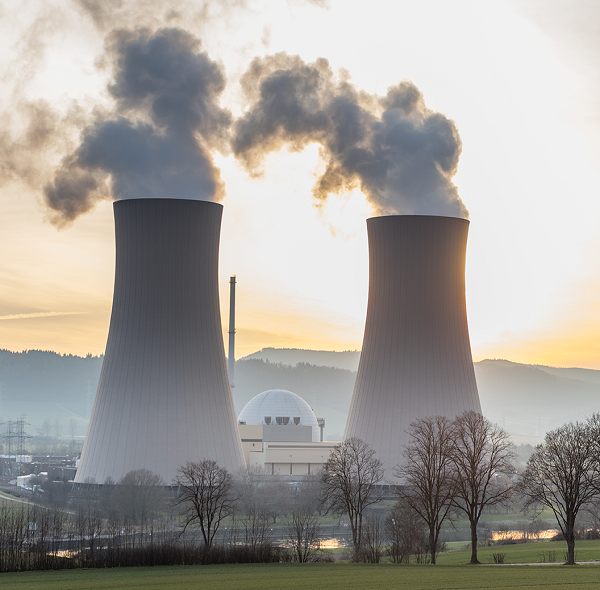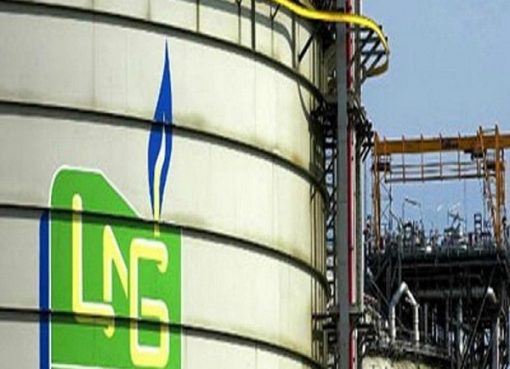The government has confirmed it will invest £300m in a new programme to produce advanced nuclear fuel suitable for next-generation reactors.
The money will go towards boosting domestic production of high-assay low enriched uranium (HALEU) as part of the UK’s efforts to deliver up to 24GW of nuclear power by 2050 – a quarter of the UK’s electricity needs.
The Department for Energy Security and Net Zero (DESNZ) also said the programme would help to “drive Putin further out of global energy markets”. Most advanced reactors require this fuel, but it is currently only commercially produced in Russia.
The UK recently signed a pledge to triple global nuclear capacity by 2050 alongside 20 countries including the US, France and South Korea. Nuclear is considered to be a reliable way to generate low-carbon baseload electricity as an addition to broad deployment of renewables.
DESNZ said it would provide an additional £10m to develop the skills and sites to produce other advanced nuclear fuels in the UK.
Energy security minister Claire Coutinho said: “We stood up to Putin on oil and gas and financial markets, we won’t let him hold us to ransom on nuclear fuel.
“Britain gave the world its first operational nuclear power plant, and now we will be the first nation in Europe outside of Russia to produce advanced nuclear fuel.
“This will be critical for energy security at home and abroad and builds on Britain’s historic competitive advantages.”
Advanced modular reactors are expected to play an important role in the revival of nuclear energy in the UK. They can be made in factories and could transform how power stations are built by making construction faster and less expensive.
The UK’s first nuclear plant in a generation – Hinkley Point C – has been delayed repeatedly as its budget spiralled.
The state-owned China General Nuclear Power Corp, which co-owns the project with EDF Energy, reportedly stopped making payments to fund the project in December as it refused to fund continued cost overruns.
In July, the government announced plans to boost the UK’s nuclear power sector with the launch of up to £157m in grants for several nuclear technology projects including small modular reactors, which can also be made in factories at a much cheaper cost.
Source: E&T










